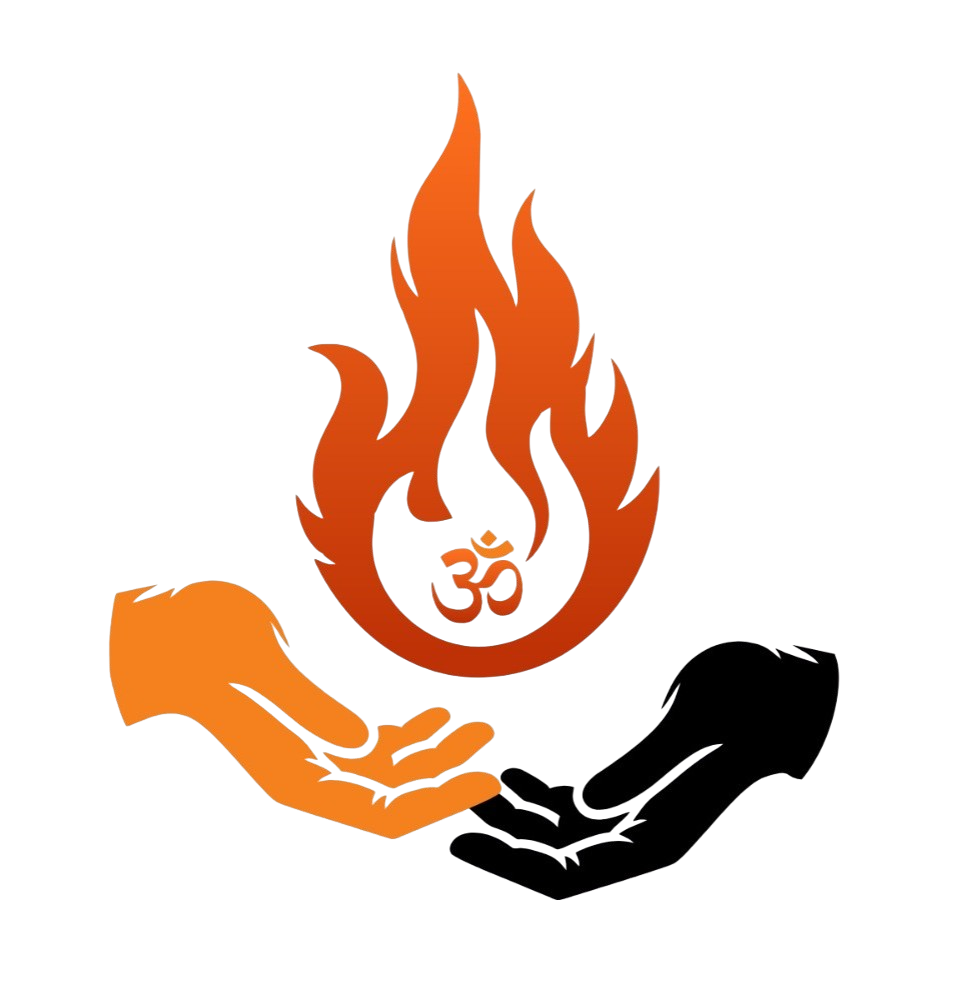Aisha was a young woman from a small village, raised in a simple yet traditional Muslim family. She had always been thoughtful, compassionate, and eager to learn, but her quiet life was disrupted when extremism swept through her village. A radical group moved in, aiming to influence the community and enforce strict beliefs, casting a shadow of fear over those who resisted. Aisha, who cherished peace and harmony, felt deeply troubled but had no way to escape the grips of these threats.
One evening, she overheard a conversation that shook her to her core—the extremists were planning acts of violence to push their ideology. Aisha knew she could never support such actions, but her options were limited, and dissent could be deadly. She longed for a way out, hoping to find a path that aligned with her values of peace and compassion.
It was during these dark times that she met Arjun, a young Hindu man with a brave heart and a compassionate soul. Arjun had joined a humanitarian group dedicated to helping communities in crisis, especially those threatened by violence. When he learned about the extremism in Aisha’s village, he felt a calling to intervene. Despite the dangers, he and his team set out on a rescue mission, determined to help those in need, regardless of their backgrounds.
One fateful night, as tensions escalated in her village, Arjun and his team arrived to lead people to safety. Amid the chaos, Arjun noticed Aisha, struggling to escape but still too terrified to move freely. With a steady hand and a calm voice, he reassured her, offering her a chance to break free. Their escape was a narrow one, but with Arjun’s courage and guidance, Aisha found herself safe for the first time in months.
In the days that followed, Aisha and Arjun grew close, their conversations filled with honesty, empathy, and shared hopes for a better future. Aisha felt a deep admiration for Arjun—not only for his bravery but for the kindness and respect he showed her. She became curious about his beliefs and values, the ones that had inspired him to risk his life to save others. Arjun shared with her the teachings of Sanatan Dharma, the path that had shaped his view of the world.

For Aisha, these values resonated deeply. She was moved by the principles of unity, compassion, and respect for all beings that lay at the heart of Sanatan Dharma. She found a sense of peace in its teachings, which emphasized the timelessness of truth and harmony as guiding forces in life. As her love for Arjun deepened, so did her connection to the values that brought them together.
When Arjun proposed, Aisha felt ready to start a new life with him, one that was rooted in the peace she had always sought. Before their wedding, Aisha made a heartfelt decision to embrace Sanatan Dharma, not just out of love for Arjun, but because she felt it was a path that aligned with her own journey to truth and compassion. Through the proper rituals, she formally took on her new spiritual identity, becoming Alka—a name that symbolized her rebirth and commitment to a life of love, harmony, and spiritual growth.
Their wedding was a beautiful fusion of traditions. Arjun’s family, overjoyed to welcome Alka, recited prayers and blessings in Sanskrit, celebrating the union with age-old customs. Alka’s family, initially hesitant, saw the peace and happiness in her heart and gave their blessings, understanding that her journey was one of fulfillment and spiritual discovery. The ceremony was held with traditional Hindu rituals, including the sacred fire and the seven vows, with friends and family on both sides united in joy.
As Alka and Arjun began their life together, they dedicated themselves to promoting unity and compassion. Inspired by the teachings of Sanatan Dharma, they worked to help others in need, creating a life grounded in kindness and service. Alka, who had once felt trapped in fear, now found herself free to live a life filled with love, meaning, and devotion.
